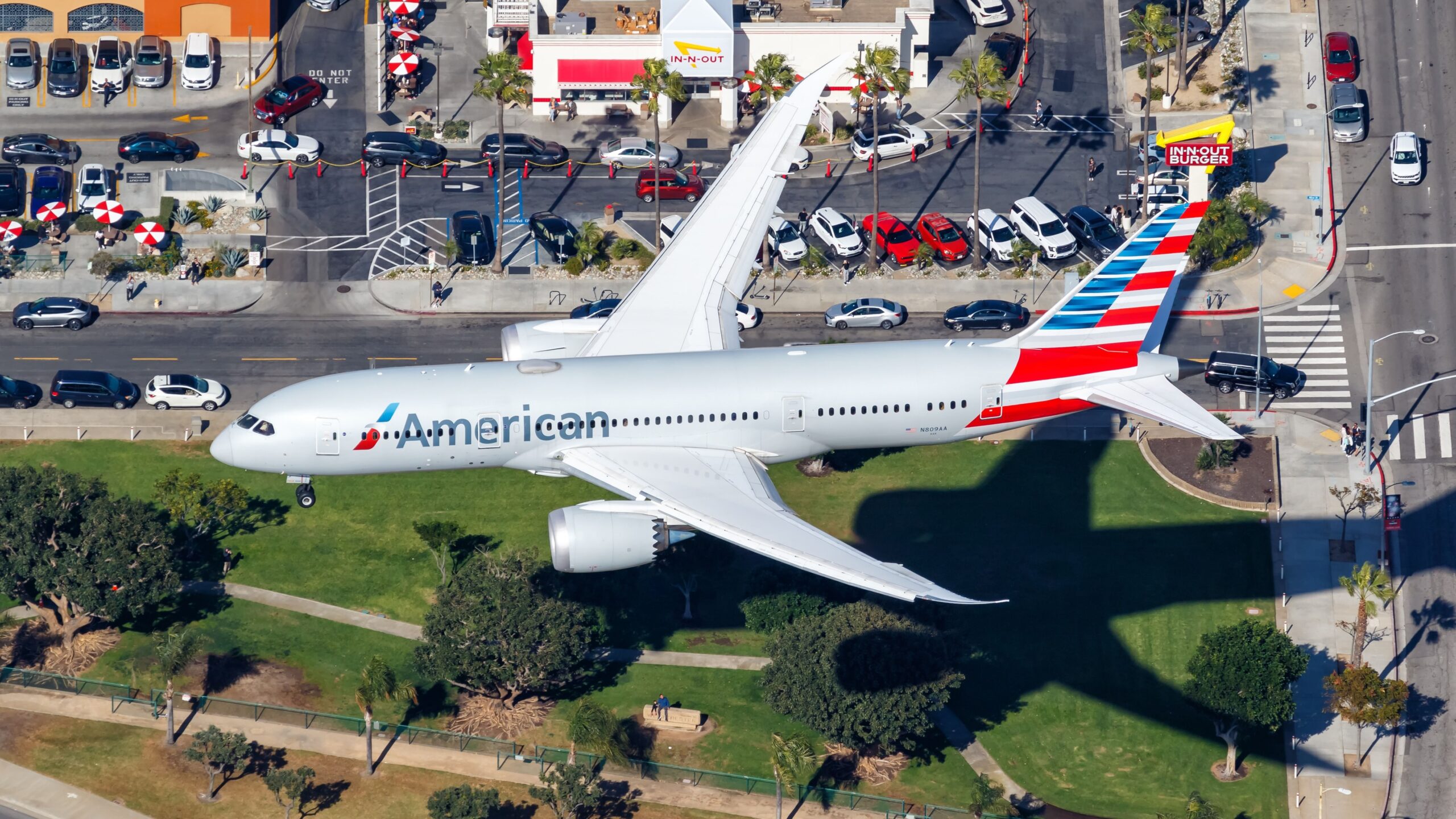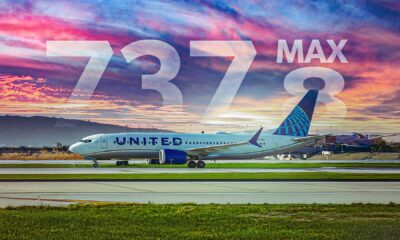World
Boeing 787-8: North American Operators Expand Their Fleets

The Boeing 787-8 has solidified its presence in the North American aviation market, with four airlines operating the aircraft since its initial delivery. On September 22, 2012, Boeing delivered the first 787-8 to United Airlines, marking a significant milestone as the first such delivery to a North American carrier. Since then, a total of 65 787-8 aircraft have been delivered to airlines across the continent, including Air Canada, Aeromexico, and American Airlines, according to records from ch-aviation.
While there are currently no unfilled orders for the 787-8 from North American airlines, the existing operators maintain robust networks that include both domestic and international routes. United Airlines, as the launch customer of the 787-8, has played a pivotal role in the aircraft’s introduction to North America.
Key Milestones in 787-8 Deliveries
The delivery of United Airlines’ first 787-8 occurred two days before the official announcement on September 24, 2012. The aircraft, registered as N20904, was celebrated by Ray Conner, then-President and CEO of Boeing Commercial Airplanes, who highlighted the long-standing partnership between Boeing and United Airlines. He remarked, “United now begins a new chapter with the 787 Dreamliner, the most technologically advanced commercial jetliner ever built.”
Following the initial delivery, United Airlines added five more 787-8 aircraft before the end of 2012. Unfortunately, the subsequent grounding of the 787 fleet in January 2013 due to battery safety concerns halted operations for several months. The Federal Aviation Administration (FAA) mandated compliance measures that cost an estimated $2.7 million for six affected aircraft. By May 20, 2013, United resumed 787-8 flights, continuing to expand its international service.
Aeromexico and American Airlines joined the 787-8 fleet later, with Aeromexico receiving its first aircraft on October 22, 2013. American Airlines became the fourth North American operator, taking delivery of its first 787-8 on January 22, 2015.
Current 787-8 Operations
As of July 2023, American Airlines leads the continent with a fleet of 37 787-8 aircraft. The airline has scheduled 259 weekly departures utilizing the Dreamliner, including double-daily flights on three prominent routes: Dallas/Fort Worth International Airport (DFW) to Chicago-O’Hare, Los Angeles International Airport (LAX) to Tokyo Haneda Airport (HND), and Miami International Airport (MIA) to Philadelphia International Airport (PHL). American Airlines operates both domestic and international routes using the 787-8, with a total of 24 international connections.
United Airlines has also maintained a strong operational presence, scheduling 67 weekly departures in July 2023 with 12 aircraft in its fleet. The airline’s routes include one domestic itinerary and ten international connections, primarily across the Atlantic, including destinations such as Accra and Lagos.
Aeromexico, with a fleet of 20 Dreamliners, has introduced unique one-stop services from Mexico City to various international hubs, including Madrid and Seoul, with connections through Monterrey International Airport. Meanwhile, Air Canada, also operating eight 787-8 aircraft, has scheduled 58 weekly departures, with flights connecting major Canadian cities and several international destinations.
The 787-8 has not only shaped the operational strategies of these airlines but has also contributed to the evolving landscape of air travel across North America. As airlines continue to adapt their networks, the Dreamliner remains a critical asset in their fleets, facilitating connections between cities and continents.
-

 World3 months ago
World3 months agoScientists Unearth Ancient Antarctic Ice to Unlock Climate Secrets
-

 Entertainment3 months ago
Entertainment3 months agoTrump and McCormick to Announce $70 Billion Energy Investments
-

 Lifestyle3 months ago
Lifestyle3 months agoTransLink Launches Food Truck Program to Boost Revenue in Vancouver
-

 Science3 months ago
Science3 months agoFour Astronauts Return to Earth After International Space Station Mission
-

 Technology2 months ago
Technology2 months agoApple Notes Enhances Functionality with Markdown Support in macOS 26
-

 Top Stories1 week ago
Top Stories1 week agoUrgent Update: Fatal Crash on Highway 99 Claims Life of Pitt Meadows Man
-

 Sports3 months ago
Sports3 months agoSearch Underway for Missing Hunter Amid Hokkaido Bear Emergency
-

 Politics2 months ago
Politics2 months agoUkrainian Tennis Star Elina Svitolina Faces Death Threats Online
-

 Technology3 months ago
Technology3 months agoFrosthaven Launches Early Access on July 31, 2025
-

 Politics3 months ago
Politics3 months agoCarney Engages First Nations Leaders at Development Law Summit
-

 Entertainment3 months ago
Entertainment3 months agoCalgary Theatre Troupe Revives Magic at Winnipeg Fringe Festival
-

 Politics1 week ago
Politics1 week agoShutdown Reflects Democratic Struggles Amid Economic Concerns





















